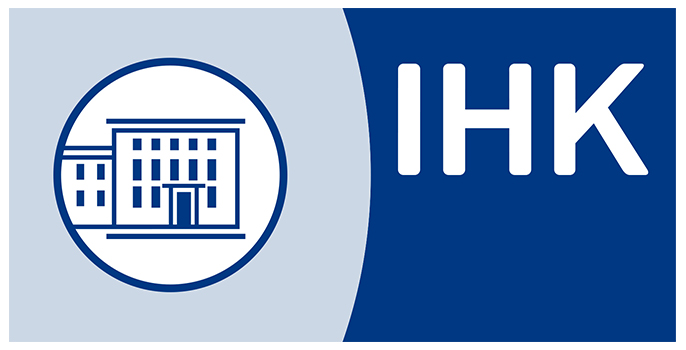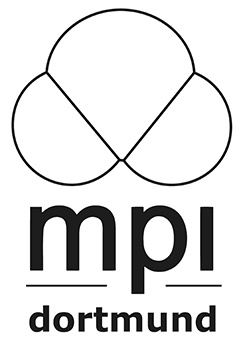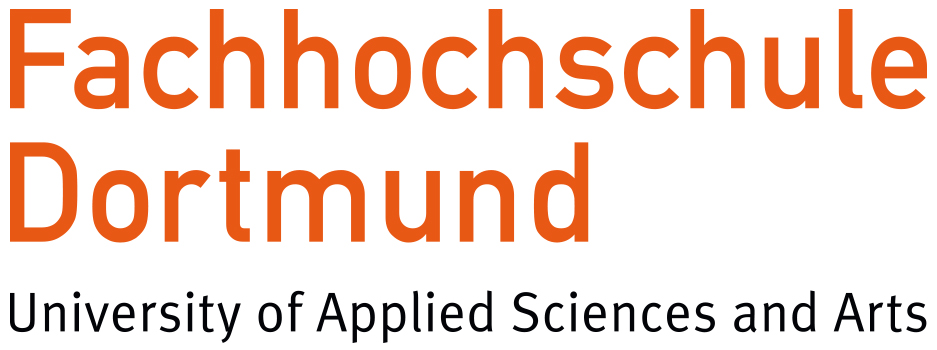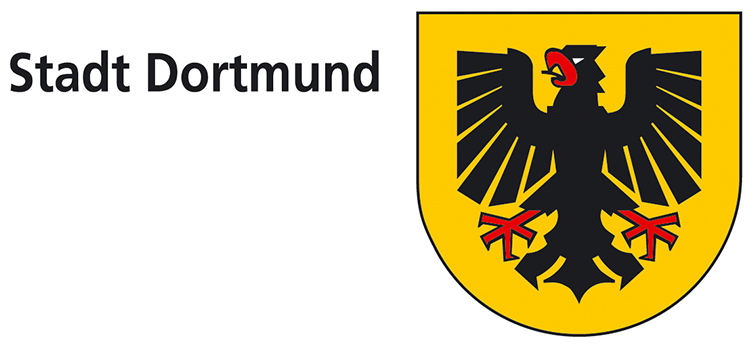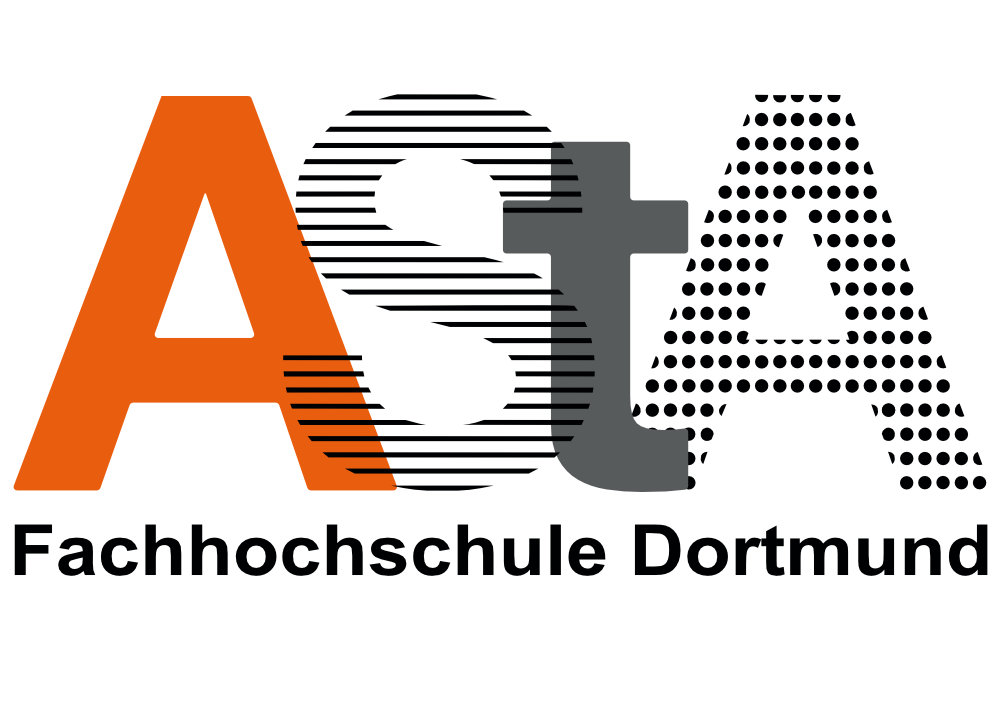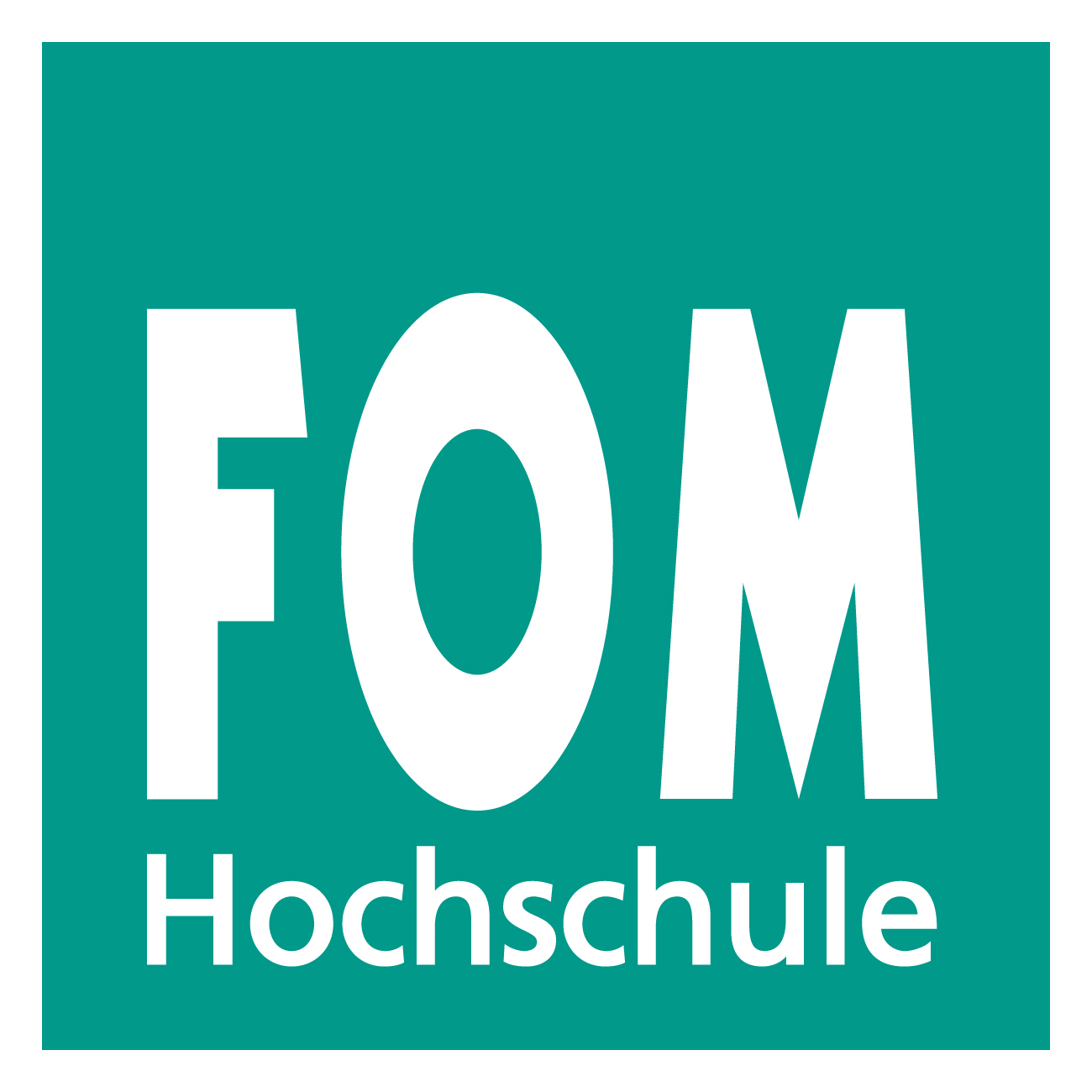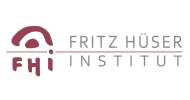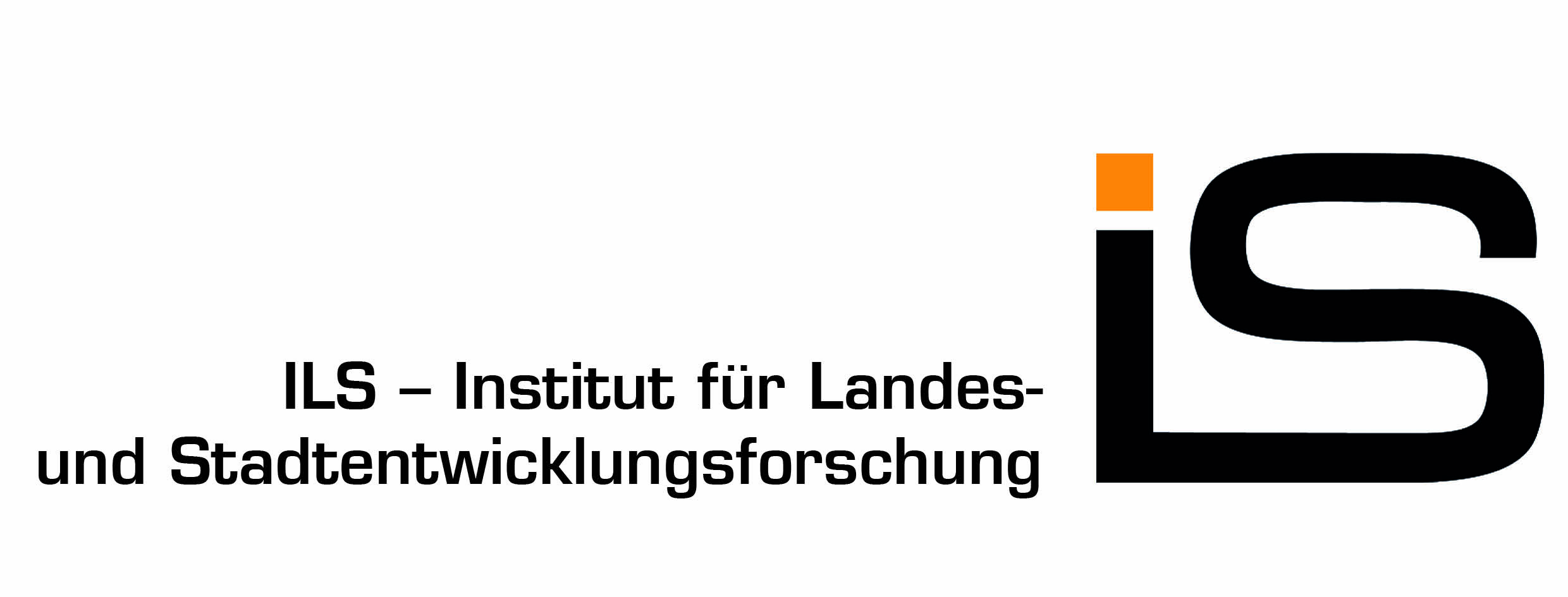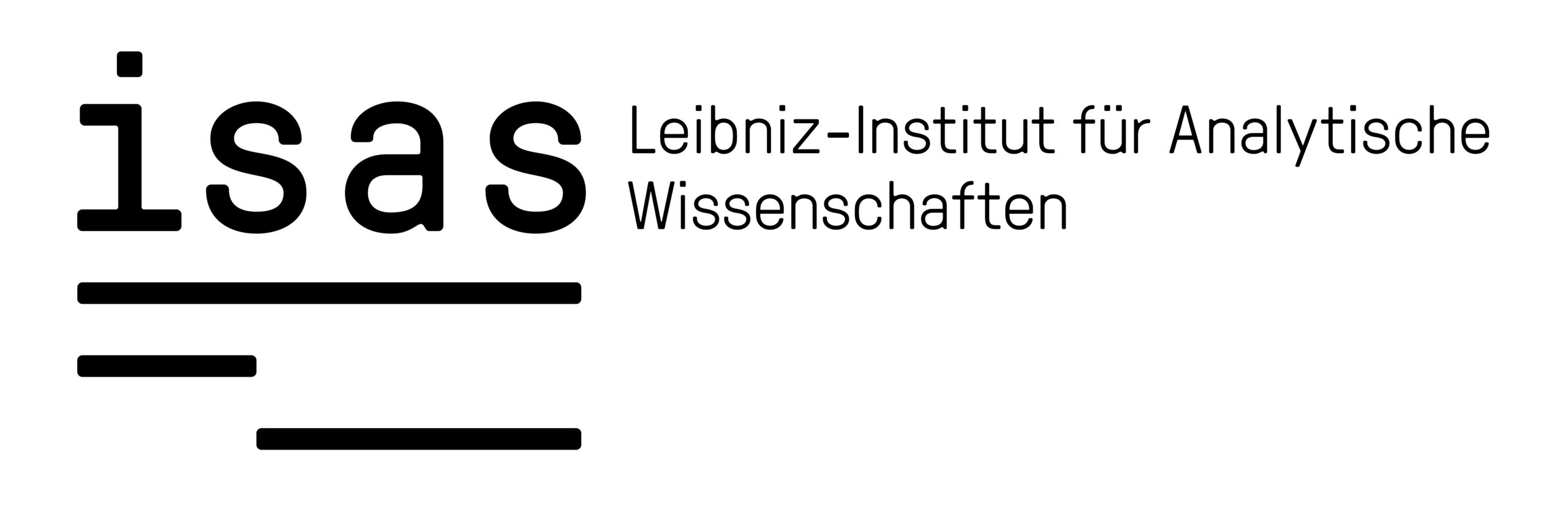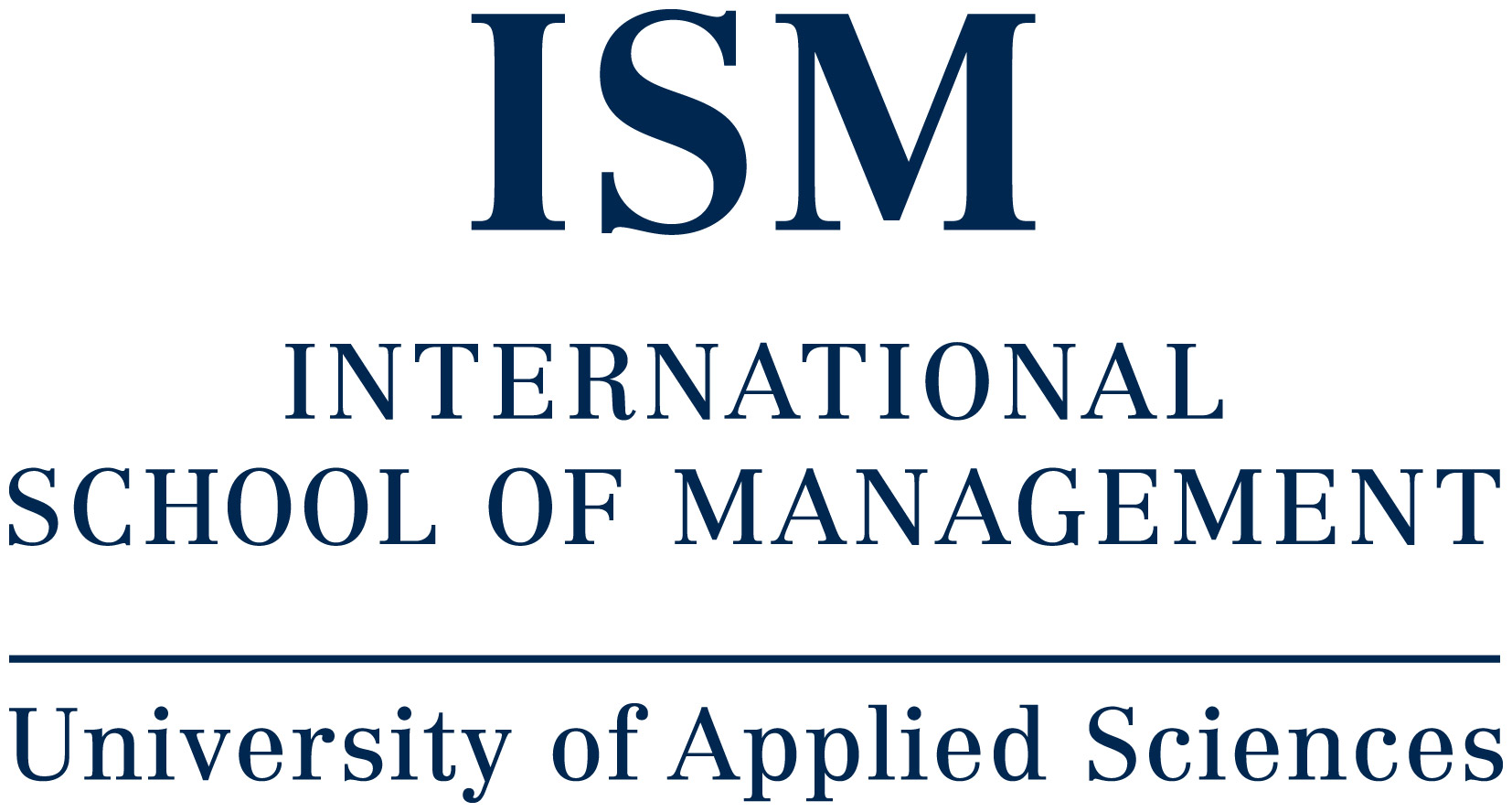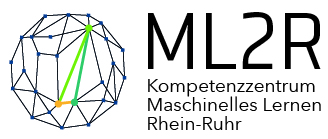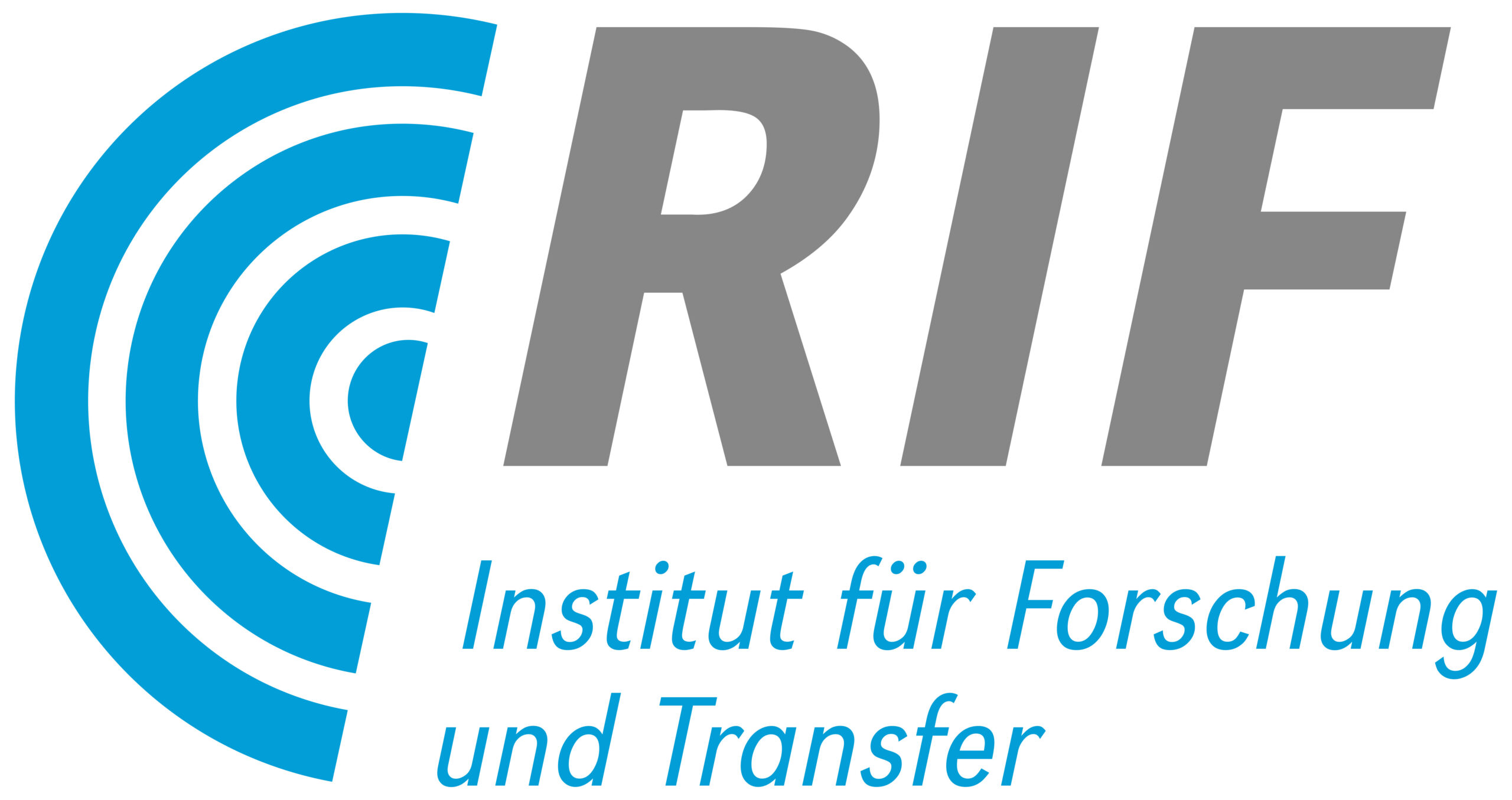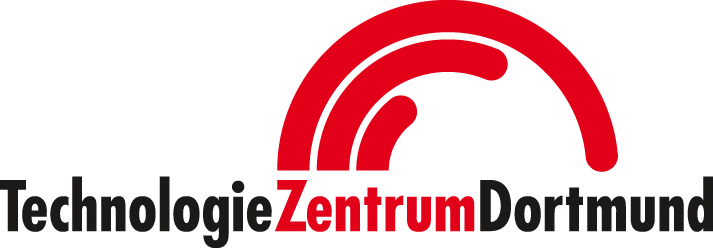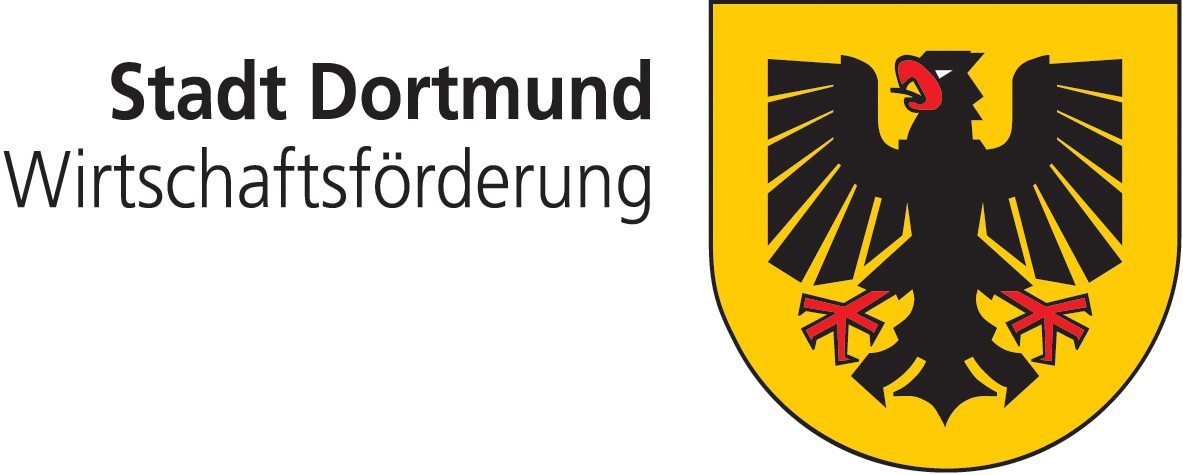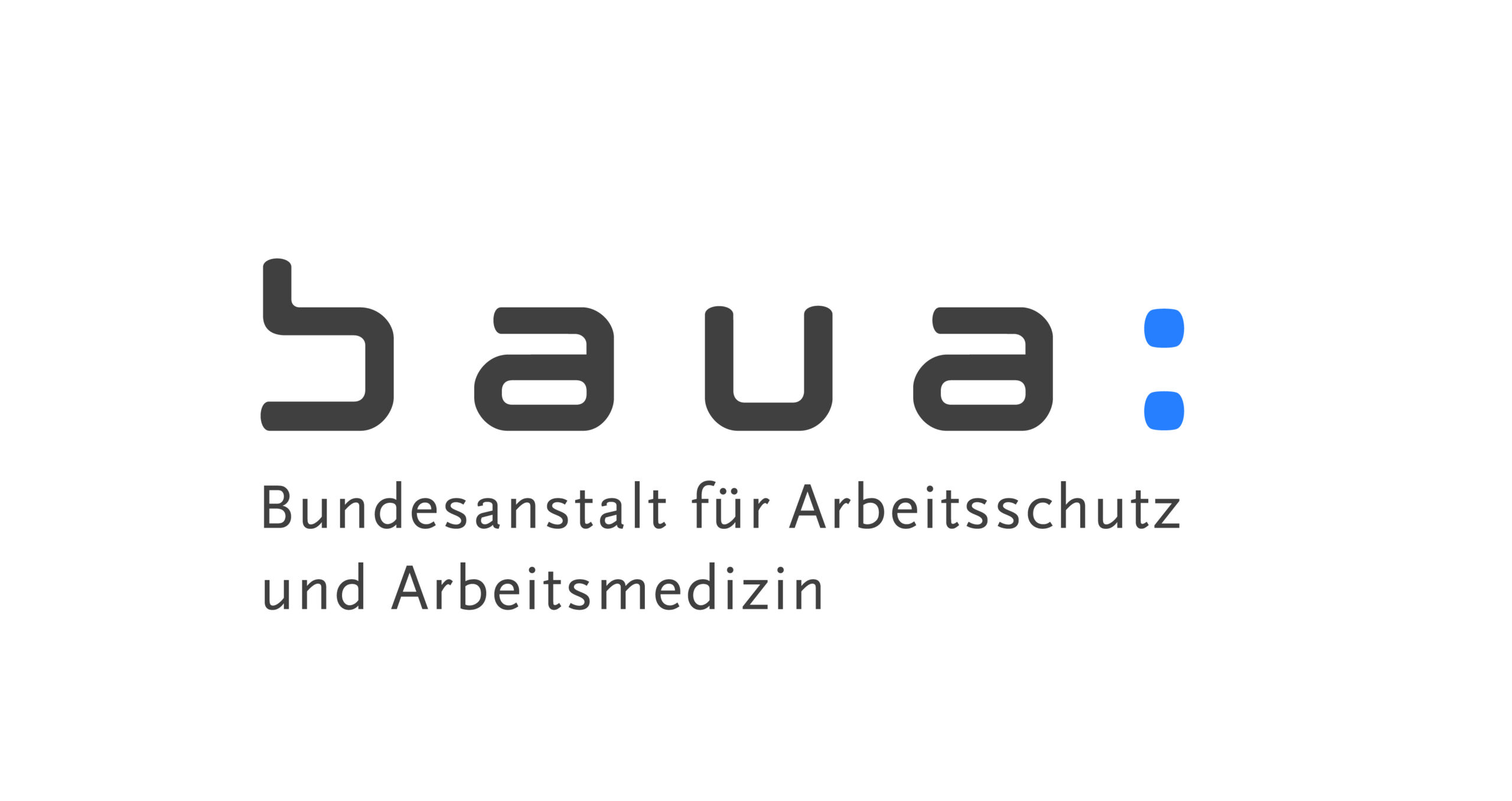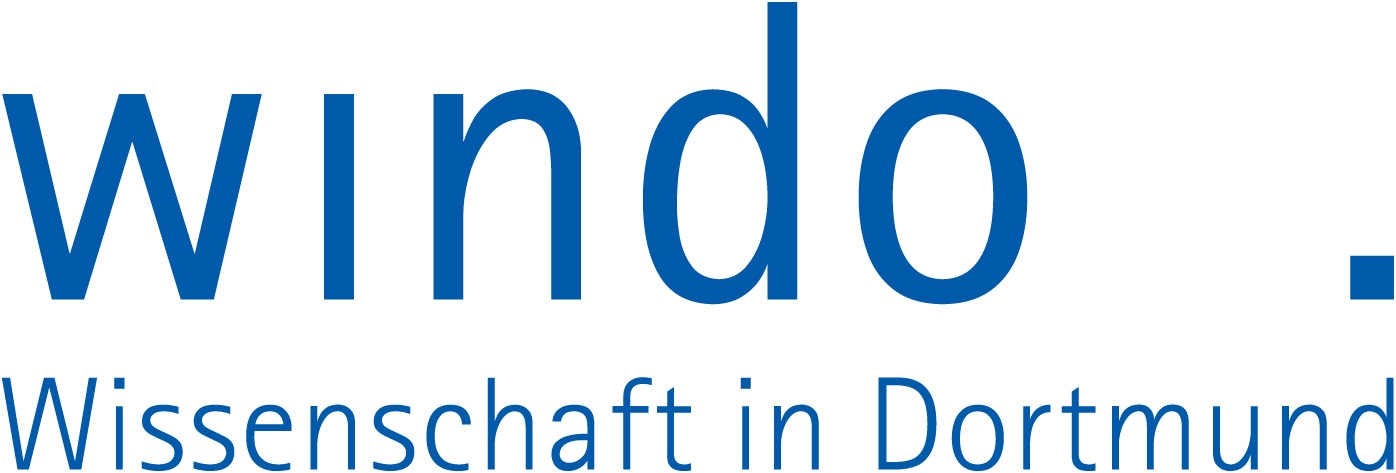SCIENCE MASTERPLAN
Universities
außeruniversitäre Forschungsinstitute
Studierende
Kultureinrichtungen
MASTERPLAN
WISSENSCHAFT
Universities
außeruniversitäre Forschungsinstitute
Studierende
Kultureinrichtungen
News
09.07.2025 | 7. Dortmunder Wissenschaftskonferenz
und Weise, wie Bildung gelingen kann, auch hier in Dortmund. Gemeinsam mit Ihnen möchten wir aktuelle Herausforderungen im Bildungsbereich diskutieren und Lösungsansätze für Dortmund finden.
Wissen kompakt: Themenabend Zukunftsenergie | 16. Juni 2025, 17 Uhr, TwentyOne Dortmund
Die Veranstaltung findet am 16. Juni auf der Eventfläche TwentyOne der DEW21 statt.
Zur besseren Planbarkeit bitten wir um eine Anmeldung vorab. Die Teilnahme ist kostenlos.
19.06.2025 - 22.06.2025 | Die MS Wissenschaft legt an!
Im Rahmen des Wissenschaftsjahres 2025 – Zukunftsenergie hat das Ausstellungsschiff MS Wissenschaft in Berlin seine diesjährige Tour durch rund 30 Städte in Deutschland gestartet. Die interaktive Ausstellung lädt dazu ein, neben technologischen auch soziale, ökologische und wirtschaftliche Aspekte der Energiewende zu betrachten und wirft einen Blick auf Deutschlands Kurs zur Klimaneutralität bis 2045.
Newsletter Masterplan Wissenschaft
👉 Jetzt abonnieren: Am Ende der Startseite können Sie sich für den Newsletter anmelden.
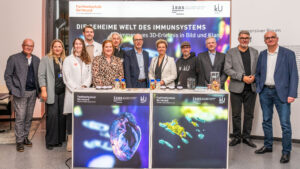
Vorschau: Newsletter Wissenschaft 2024: Rückblick und Ausblick
Das war die Science Night - Die Dortmunder Nacht der Wissenschaften 2024
Studieren in Dortmund
Wissenschaftsstadt Dortmund – Lerne uns kennen
ICAPITAL - INTERNATIONALE GÄSTE VERNETZEN SICH BEI WORKSHOPS IN DER INNOVATIONSHAUPTSTADT DORTMUND
ICAPITAL AWARD: Neues Wandbild verschönert die Dortmunder Innenstadt
Dortmunds Innenstadt ist um ein Wandbild, ein sogenanntes Mural, reicher. Der Künstler Juri Schäffer greift damit Dortmunds Innovationsansatz „Zukunft aus der Nachbarschaft“ und Ideen der europäischen Zusammenarbeit auf.
Weitere Infos unter: dortmund.de
"Innovation next door" | Bewerbungsvideo zur europäischen Innovationshauptstadt 2021 (icapital)
Wissenschaftstag (Virtuelle Einblicke)
Partners
Statements
Partners
Statements
Contact
City of Dortmund
Department for Mayoral and City Council’s Affairs
Science Master Plan Coordination Office
Südwall 21-23
44137 Dortmund, Germany
wissenschaft@stadtdo.de
dortmund.de
Angela Märtin,
Science and Academia Officer
0231 50-22586
amaertin@stadtdo.de
Christina-Bella Pagés,
Research Assistant
0231 50-25809
cpages@stadtdo.de
Contact
City of Dortmund
Amt für Angelegenheiten des Oberbürgermeisters und des Rates Hochschule & Wissenschaft
Science Master Plan Coordination Office
Science and Academia Officer
0231 50-22586
amaertin@stadtdo.de
Christina-Bella Pagés,
Research Assistant
0231 50-25945
lberndt@stadtdo.de
Newsletter
Many thanks to Sparkasse Dortmund for supporting the creation of this website.
Photo: City of Dortmund/Roland Gorecki
Contact
City of Dortmund
Amt für Angelegenheiten des Oberbürgermeisters und des Rates Hochschule & Wissenschaft
Science Master Plan Coordination Office
Science and Academia Officer
0231 50-22586
amaertin@stadtdo.de
Christina-Bella Pagés,
Research Assistant
0231 50-25809
cpages@stadtdo.de
Contact
City of Dortmund
Amt für Angelegenheiten des Oberbürgermeisters und des Rates Hochschule & Wissenschaft
Science Master Plan Coordination Office
Science and Academia Officer
0231 50-22586
amaertin@stadtdo.de
Christina-Bella Pagés,
Research Assistant
0231 50-25809
cpages@stadtdo.de
Newsletter
Many thanks to Sparkasse Dortmund for supporting the creation of this website.


